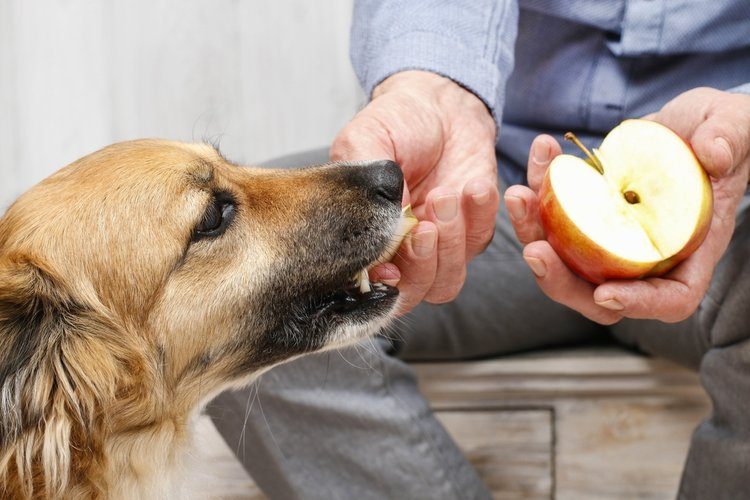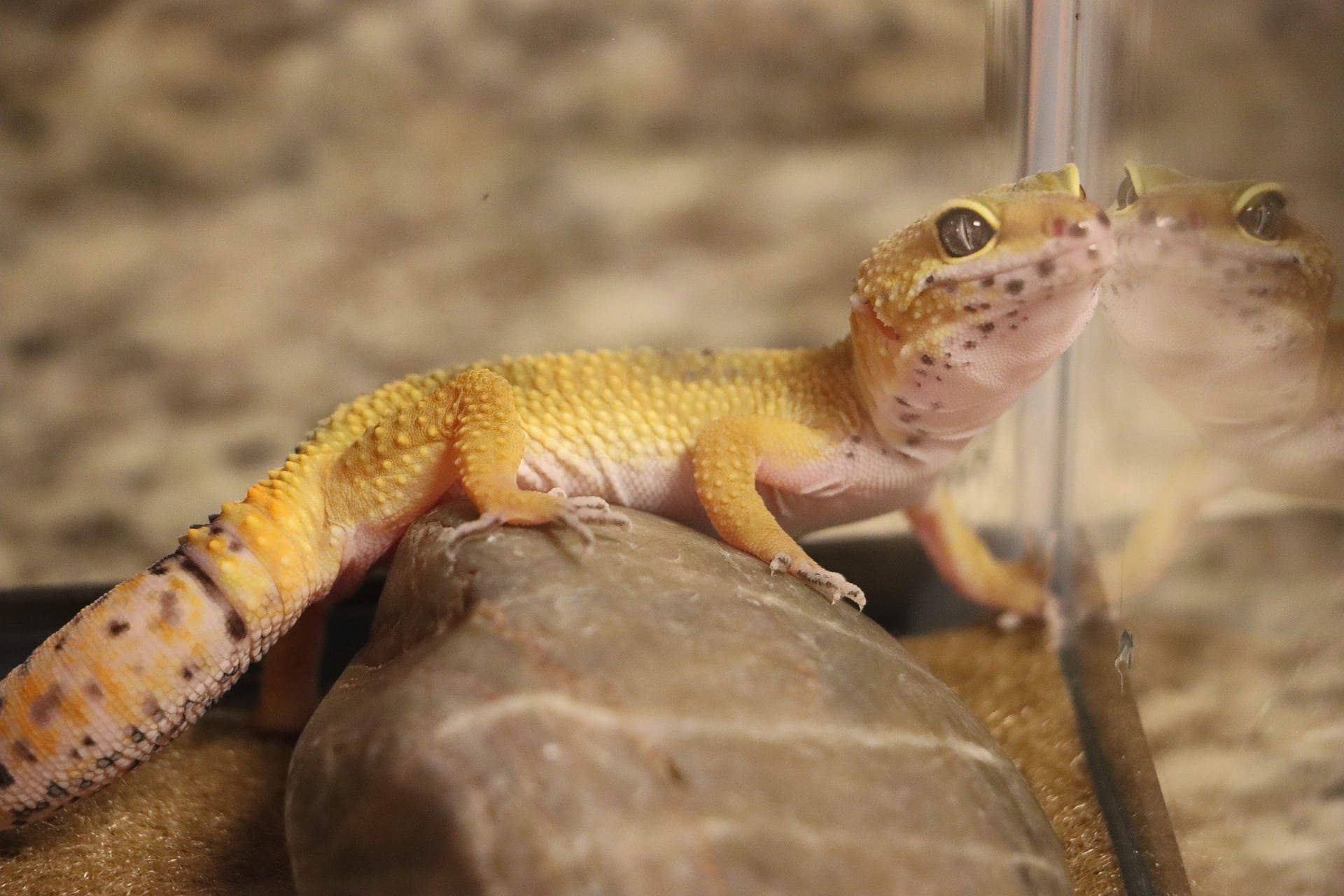
Ferrets are interesting little creatures. They look and act like wild weasels (because they are), but they’re capable of great affection.
They love to communicate too. These chatty little creatures make all sorts of noises, many of which are hard to decipher if you’ve never heard them before. It can be hard to tell whether they’re happy, frustrated, angry about the results of the ballgame, etc.
Luckily, we’re here to help. This list will decipher the various sounds that ferrets make, as well as what it means when they make them. You’ll never have to give your little buddy a quizzical stare in response to one of their diatribes again.
The 11 Ferret Sounds & Their Meanings
1. Hissing
Hissing may be the easiest sound to understand. It doesn’t sound like a cat’s hiss, as it’s low and staccato, like a restrained chuckle. Of course, your ferret is in no mood to laugh when they’re hissing.
Ferrets hiss when they’re angry or afraid, but they’ll also hiss when fighting playfully with one another. As a result, you have to use context clues to a certain extent to decipher the meaning behind a hiss.
If you feel like your ferret is hissing due to fear or anger, take them aside and reassure them for a few minutes. You can then leave them to their own devices to collect their emotions.
2. Dooking
“Dooking” is a funny name for a funny sound, so it’s appropriate that it’s the sound that your ferret makes when they’re laughing. It even sounds like laughter, and it’s a sign that your ferret is ready for playtime.
Your ferret’s body language will likely match the noise that they’re making, as they’re often jumping up and down or running around wildly while dooking.
While dooking is a happy sound, don’t despair if you never hear your ferret make it. That doesn’t mean they’re unhappy; some ferrets are just quieter than others.
3. Barking
That’s right, just like dogs, ferrets are capable of barking, although theirs sounds more like a loud chirp than a traditional woof. Barking usually means that the ferret is extremely excited about something; whether that excitement is good or bad depends on the ferret and the situation.
Some ferrets bark at playtime, while others bark when they’re terrified. You’ll have to take the entire situation and your ferret’s overall behavior into account before you decide which one is true for your pet.
If they’re barking out of excitement, you don’t need to do anything other than enjoy the show. If they seem angry or terrified, though, do exactly what you’d do if they were hissing.
4. Squeaking
Squeaking is another sound that you’ll hear when your ferret gets excited, and like barking, it may not sound the way you think. It’s less of a squeak and more of a giggle, almost like dooking.
You’ll often find ferrets squeaking when interacting with someone else, like their owner or another ferret. They’re especially prone to squeaking during playtime, so it’s a good indicator that your little buddy is having fun.
You should monitor your ferret if you hear them squeak, though. The occasional squeak is nothing to be worried about, but if they increase in intensity or frequency (or you see any negative body language), you should separate the ferrets for a few minutes so they can collect themselves.
5. Screeching
This might get confusing: Screeching sounds like squeaking (the kind of squeaking that you’re accustomed to), but it’s different.
As you might expect, screeching is not a good noise to hear. It’s analogous to a scream, and it means that things are not going well for your pet: They’re in pain, in danger, or extremely fearful about something.
If you hear your ferret screeching, immediately investigate. You should then remove them from danger, tend to any wounds they may have, and give them a quiet place to calm down. Most ferrets aren’t hostile or aggressive, but if you hear them screeching, that means they’re being pushed to their breaking point. Take it seriously.
6. Sneezing
Many animals sneeze. You do it, you’ve probably heard dogs and cats do it — it’s fairly common behavior.
But very few animals sneeze like ferrets sneeze. These little guys can chain-gun together a dozen or so rapid-fire sneezes in a row. It sounds like their heads are exploding.
Fortunately, sneezing in and of itself is common and no cause for concern. However, if the sneezing is accompanied by other symptoms, like a runny nose or discharge from the eyes, your ferret might be sick. You should take them to the vet for further evaluation.
7. Whimpering
Whimpering is a sad, pathetic noise that ferrets sometimes make, and it generally means they feel like they’re not getting enough attention. They may also whimper if they don’t get their way, like when you put a beloved toy away or tell them that they’ve had enough snacks.
While it may seem a bit manipulative, it’s important to pick your ferret up and reassure them if you hear them whimpering. Neglecting them (or worse, punishing them) can weaken the bond between the two of you and potentially lead to behavioral problems down the road.
8. Whining
Whining is similar to whimpering, except it’s generally more serious. Ferrets who whine are usually sick or in pain, although baby ferrets will also whine to get attention from their mothers.
Whining and whimpering sound almost identical, but with one key difference: Whining is more frequent and insistent. If you hear the sound once or twice and it stops or if the sound stops when you pick your ferret up and reassure them, then it was likely just whimpering.
If the sound continues unabated, though, and nothing you do can stop it, then your ferret is whining and needs medical attention as soon as possible.
9. Coughing
If sneezing isn’t generally something to worry about in ferrets, how bad could coughing be? As it turns out, pretty bad — coughing could be the sign of a respiratory infection or even heart disease.
Coughing could also just be a sign of an allergy, but even in that case, it’s worth having a vet take a look. The longer you go without getting your ferret examined, the worse the problem can become, so time is of the essence.
10. Snoring
Like many animals, ferrets sometimes snore when they sleep. This is completely normal and nothing to be worried about, and there isn’t anything you should do besides enjoy the cuteness.
Not all ferrets snore, so don’t be alarmed if yours never does.
11. Teeth Grinding
Grinding teeth is another sound whose seriousness will depend on the context in which it’s heard. If you hear the grinding during or immediately after meals, then it’s likely that your ferret is just getting food out of their teeth, so there’s no cause for concern.
If you hear it at other times, though, it means that your little buddy is in pain. A trip to the vet is likely in order.
Final Thoughts
Ferrets make a variety of noises, many of which sound quite similar, so don’t get frustrated if you’re confused at first. Even experts sometimes have trouble distinguishing between certain ferret sounds, but with a little practice, you should be communicating like old friends in no time.
Ultimately, as long as you’re attentive to your ferret’s needs and don’t ignore the noises they make, you should be able to figure out what your little critter is trying to tell you most of the time.
If nothing else, you can take comfort in the fact that these persistent little guys will make sure that they get their point across sooner or later.
See also:
- How To Tell If a Ferret Is Pregnant (6 Signs to Look For)
- 20 Extremely Funny Ferret Memes (Best Of The Year)
Featured Image Credit: Couperfield, Shutterstock









